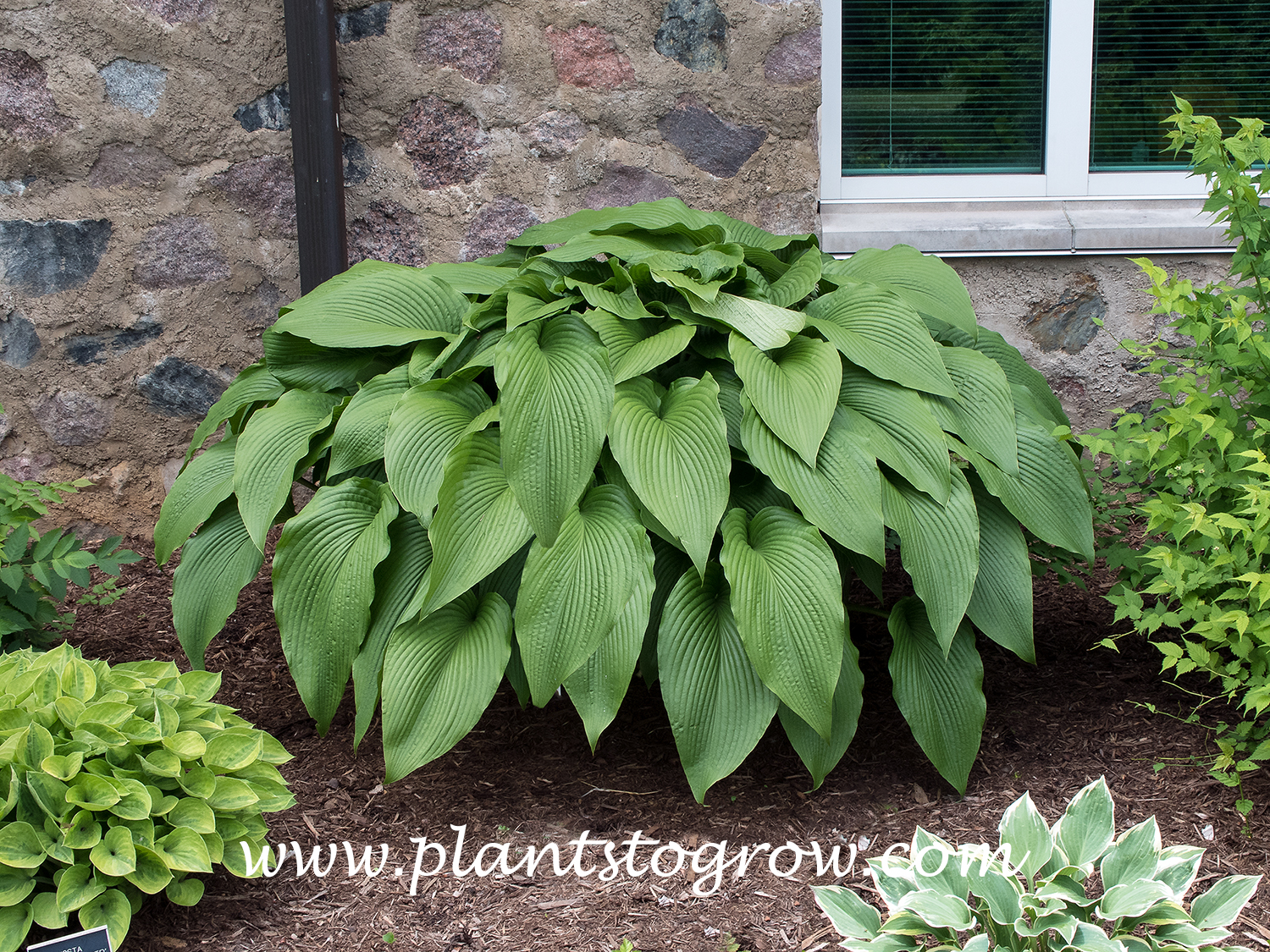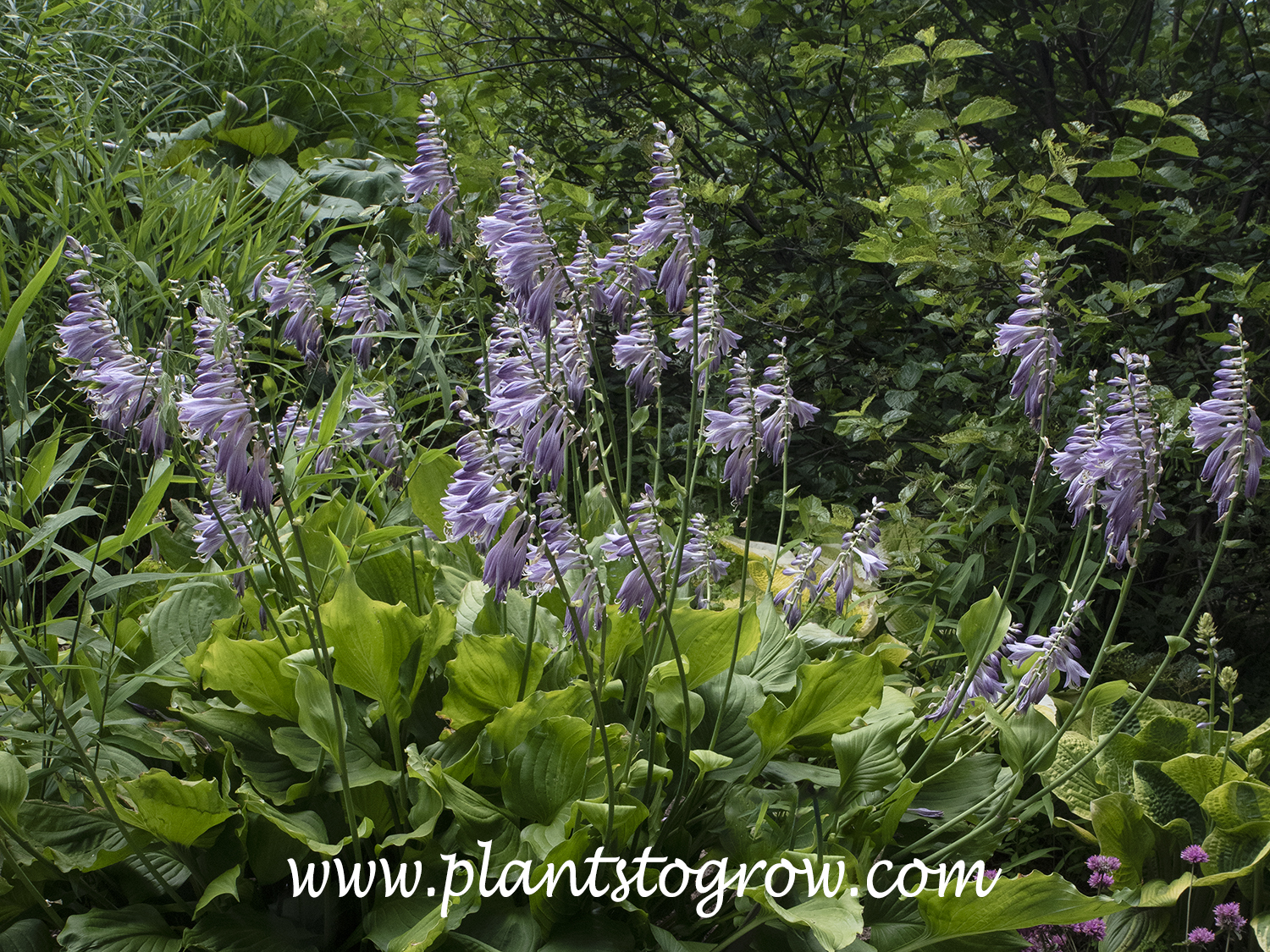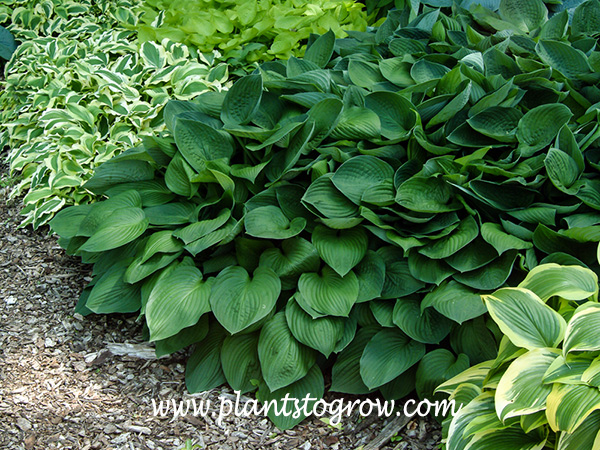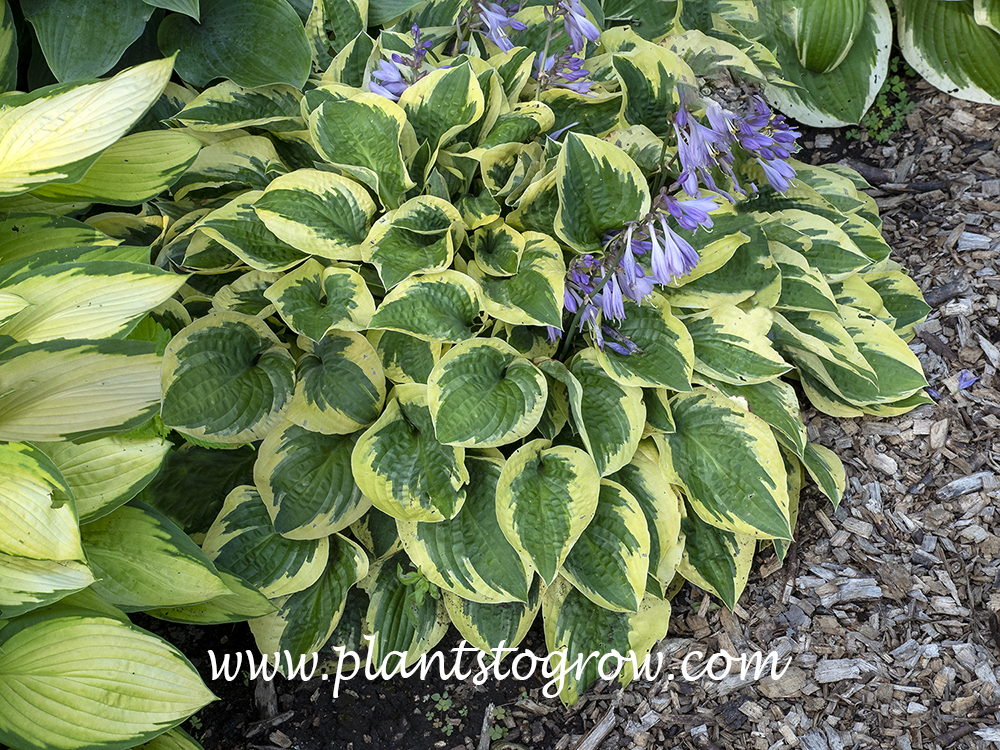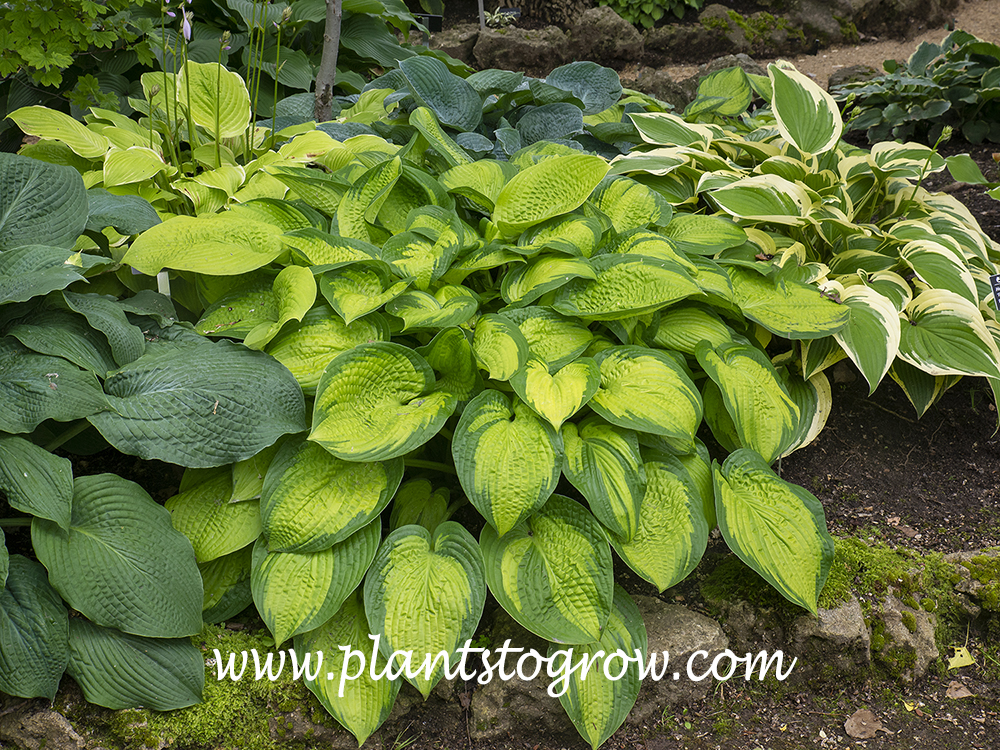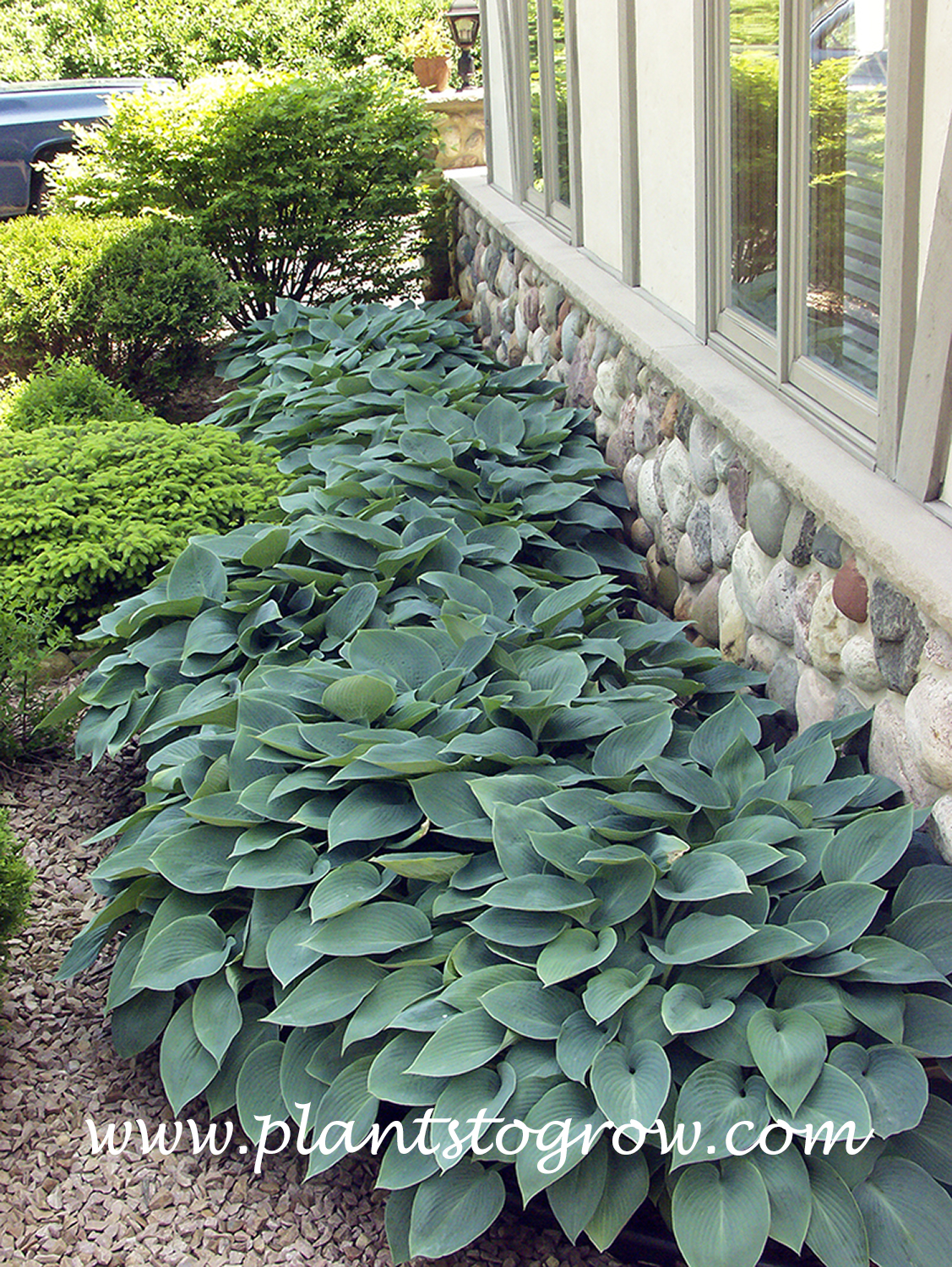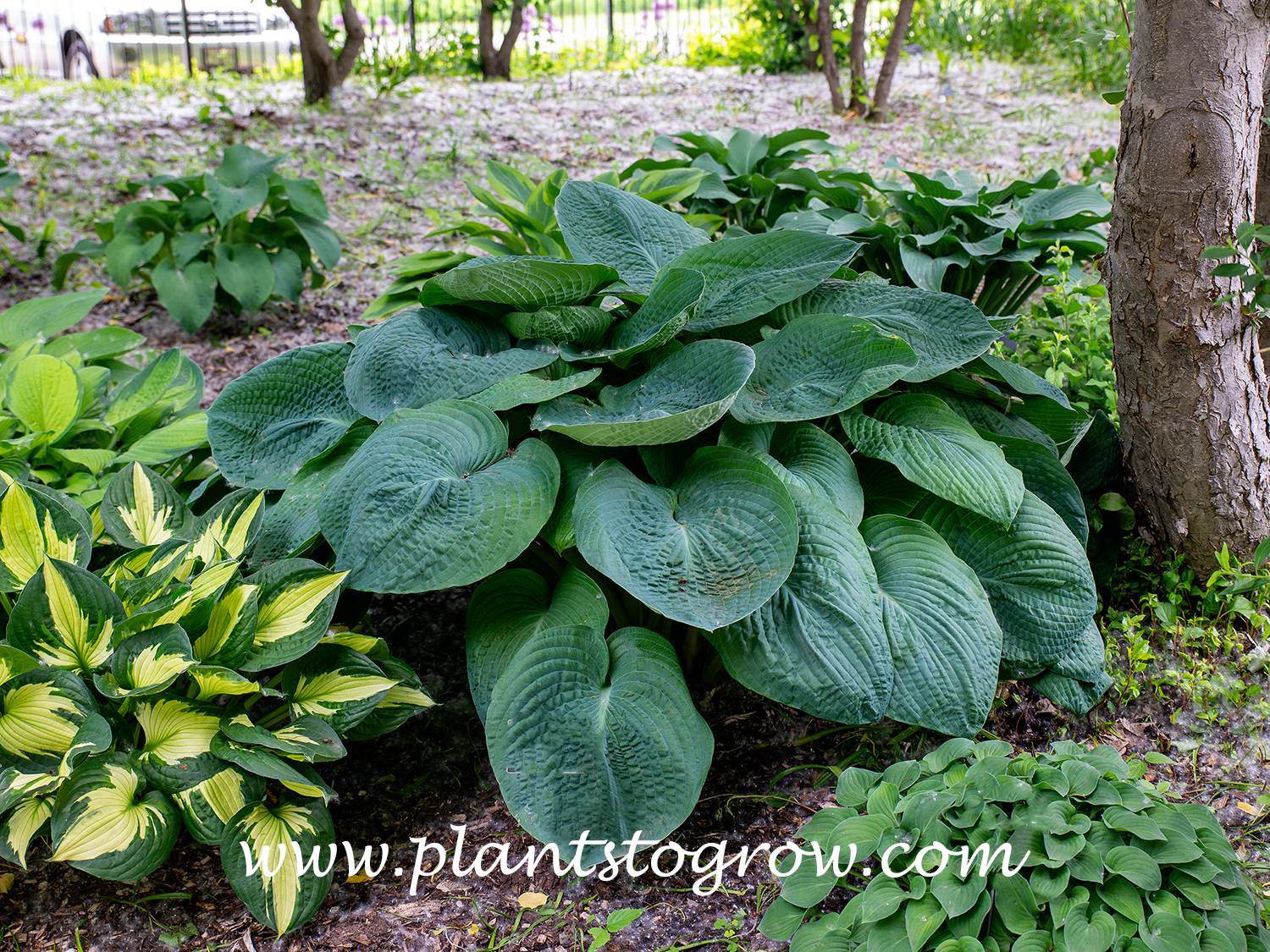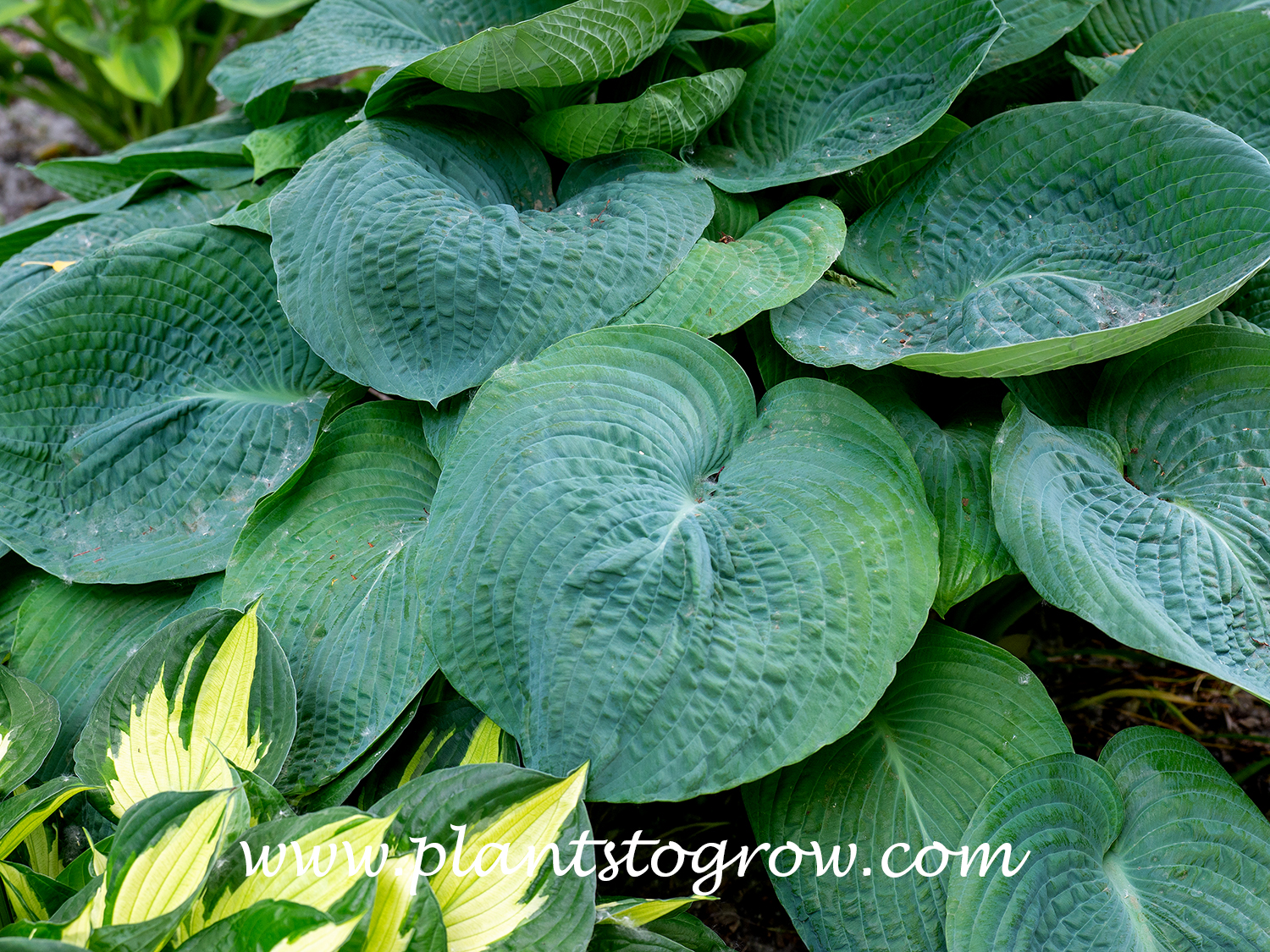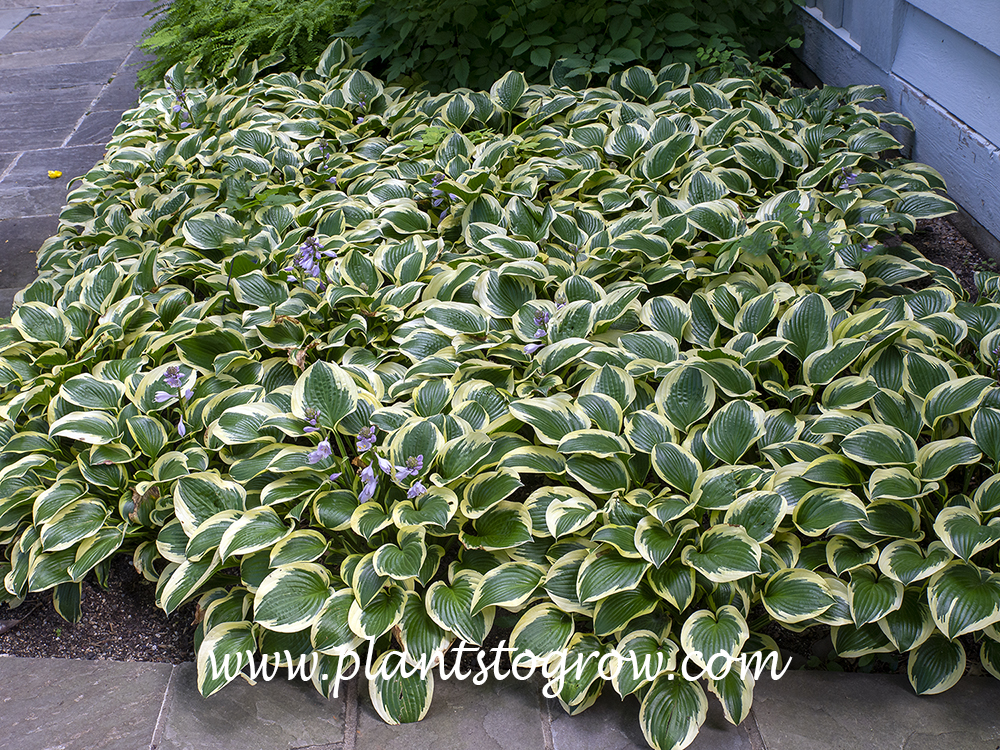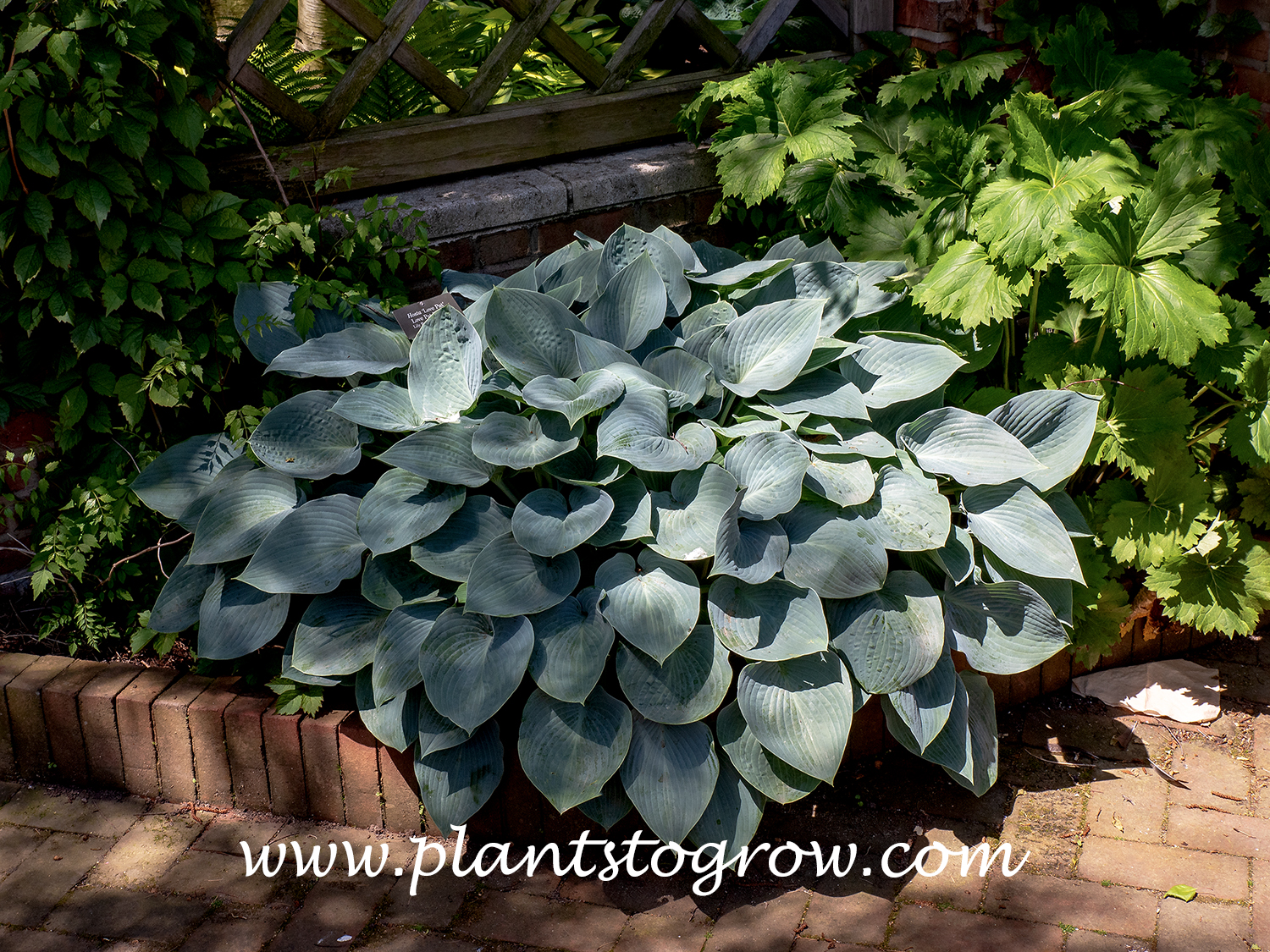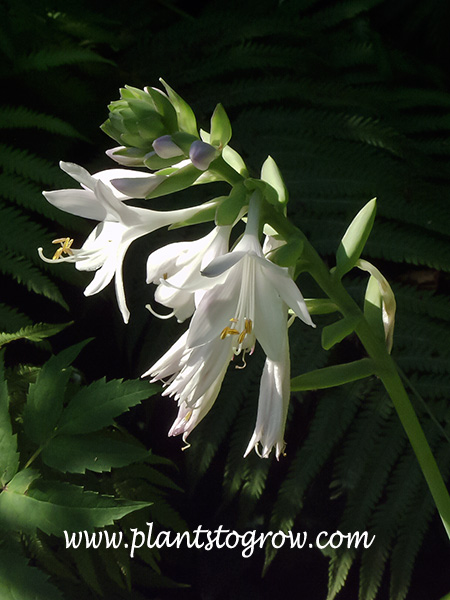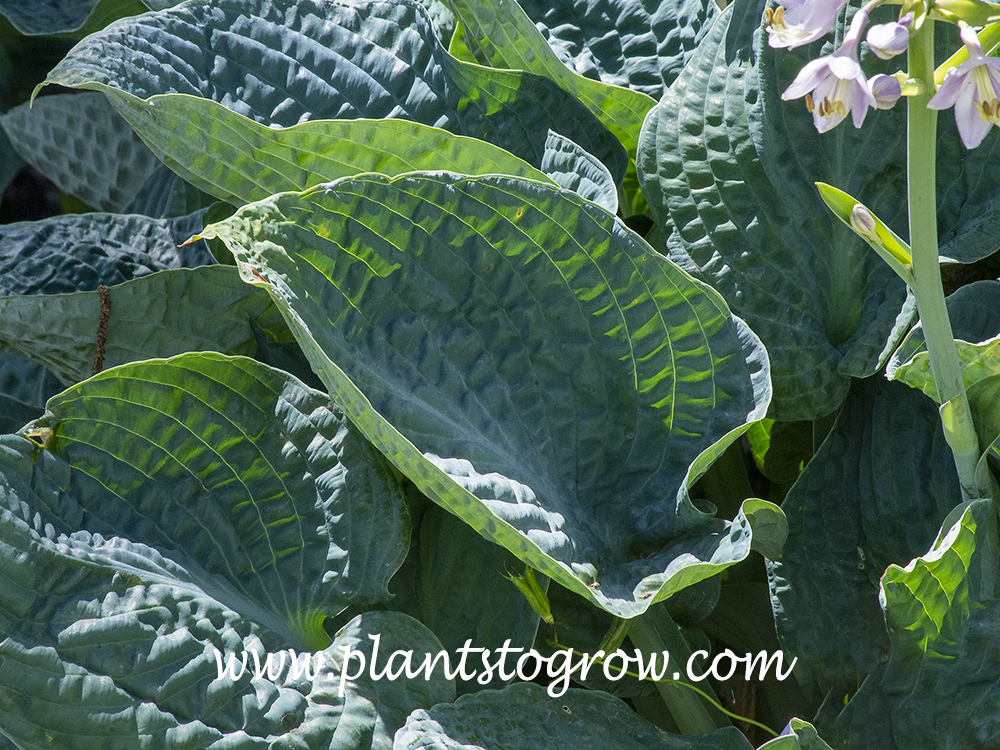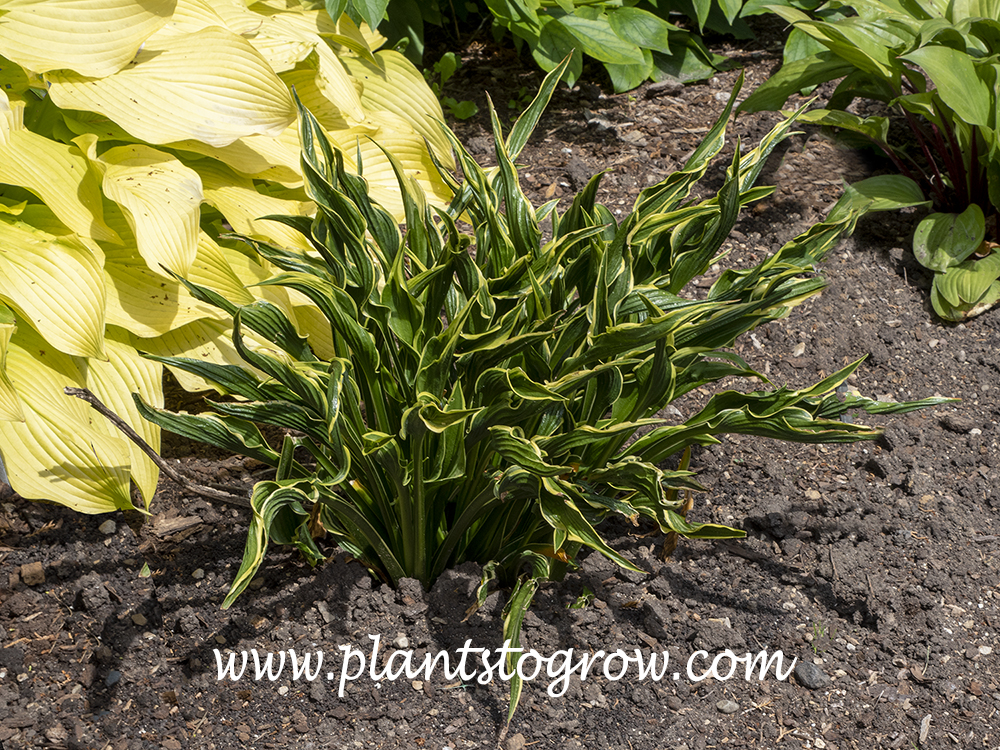| Description | Hosta is the denizens of the shade. Enter into this section to get the general information for the Hosta genus. |
|---|---|
| Plant Type | Perennials Hardy, Site author's observations |
| Sunlight | Some Hosta will tolerate full sun and most will benefit from some sun. Best grown where they belong, in the filtered to shaded areas of the yard. In deep shade, they will exist but may never reach their potential. |
| Moisture | average |
| Soil & Site | average |
| Flowers | Flowers are borne on tall stems (scapes). The floral inflorescent is called a terminal raceme. The color ranges from pure white to dark purple. There are some double flowers. |
| Fruit | Seedpod loaded with black seeds. |
| Leaves | A wide range of foliage colors. All shades of greens, yellows, golds and blues. Along with a potpourri of variegations, such as blue/white, blue/yellow, green/white, green/yellow, etc. plus leaf congregation and cupping. |
| Stems | Grows from a compressed crown, |
| Roots | fiborous |
| Dimensions | Come in a wide range of sizes from less than a foot to over 6 feet in width and from a few inches tall to over 3 feet. Some flower scapes can reach over 5 feet. |
| Maintenance | The main problem that Hosta has is slugs. These slimy gastropods will rasp holes in your leaves, giving them the texture of Swiss Cheese. Best control is physical removal, beer traps or various chemicals are available. |
| Propagation | The most common way to propagate Hosta is by division. Hosta can easily be grown from seed, but the cultivars will not come true from seed. See dividing Hosta section for more details. |
| Author's Notes | The foliage color of Hosta's can vary with the amount of light and the time of the year. Many emerge in the spring to bright colors and will fade or change into others. In many, some sun will bring out the brighter colors, but too much sun will burn and fade the colors. |

Cart
